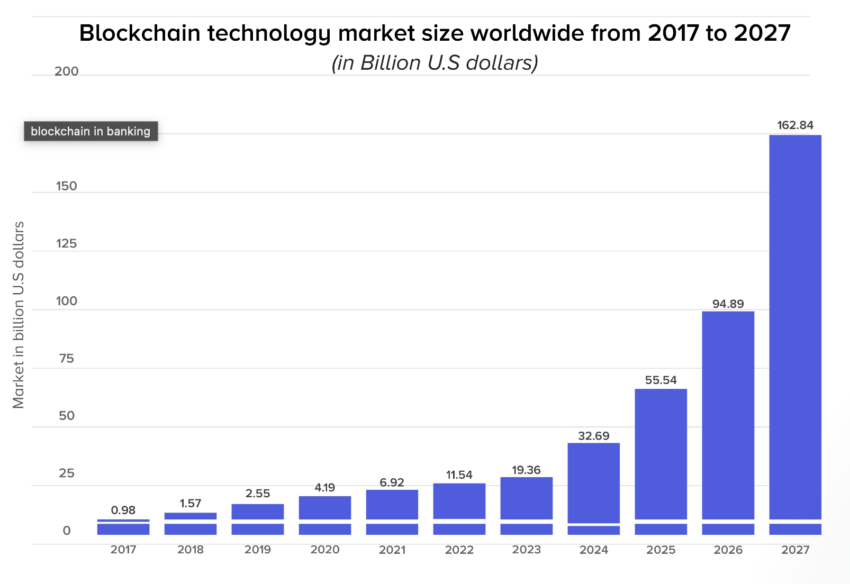US banking behemoth JPMorgan has launched automatic blockchain settlements on its JPM Coin system used to transfer tokenized assets. The new product allows clients to program their accounts to cover overdue payments and margin calls automatically using distributed ledger technology.
JPMorgan’s blockchain division, Onyx, developed the system. German technology company Siemens AG used the system this week to transfer funds to cover shortfalls.
JPMorgan Blockchain System Triggers Settlements
Unlike traditional clearing systems, where banks settle transfers in batches, blockchains allow almost immediate settlements. In addition to paying funds instantly, JPMorgan’s new feature will enable companies to transfer funds according to certain conditions.
Read more: Deploying Blockchain Infrastructure: Challenges and Solutions
According to Naveen Mallela, head of Coin Systems at Onyx, the service has several advantages over a traditional bank account.
“If you think of the current bank account provided by any financial institution, there is only so much you can do in terms of configurability and set of rules, that is what we are changing.
“We believe this is the first instance of a traditional financial firm building programmable payments at scale, using existing commercial bank money.”
In 2019, the bank released JPM Coin to speed up US dollar payments between its clients. Available 24/7, it made JPMorgan one of the first banks to offer clients a scalable blockchain settlement system.
Read more: Crypto vs. Banking: Which Is a Smarter Choice?
Banks Start Asset Transfers Early
Later, the bank rolled out a similar system for tokenized euro-based payments. The move allowed companies to keep funds in their accounts for as long as possible, where they could earn interest until they needed to be disbursed.
Last year, JPMorgan’s Onyx division joined the Monetary Authority of Singapore to exchange tokenized Japanese yen for tokenized US dollars using a permissioned Aave pool. In order to deal with the issue of know-your-customer requirements, Onyx developed smart contract credentials to govern access to the pool.
But several other banks, including Citi, Deutsche Bank AG, and Sygnum Bank in Singapore, have also made significant strides in using blockchain technology to move tokenized assets. Still, one of the remaining challenges is how to exchange tokenized assets between banks.
Do you have something to say about automatic blockchain settlements used by JPMorgan or anything else? Please write to us or join the discussion on our Telegram channel. You can also catch us on TikTok, Facebook, or X (Twitter).
Top crypto platforms in the US | November 2023
Paybis
Paybis” target=”_blank”>No fees for 1st swap →
iTrustCapital
iTrustCapital” target=”_blank”>Crypto IRA →
Coinbase
Coinbase” target=”_blank”>$200 for sign up →
Uphold
Uphold” target=”_blank”>No withdrawal fee →
eToro
eToro” target=”_blank”>$10 for first deposit →
BYDFi
BYDFi” target=”_blank”>No KYC trading →
The post JPMorgan Blockchain Now Allows Automatic Cash Swaps appeared first on BeInCrypto.
